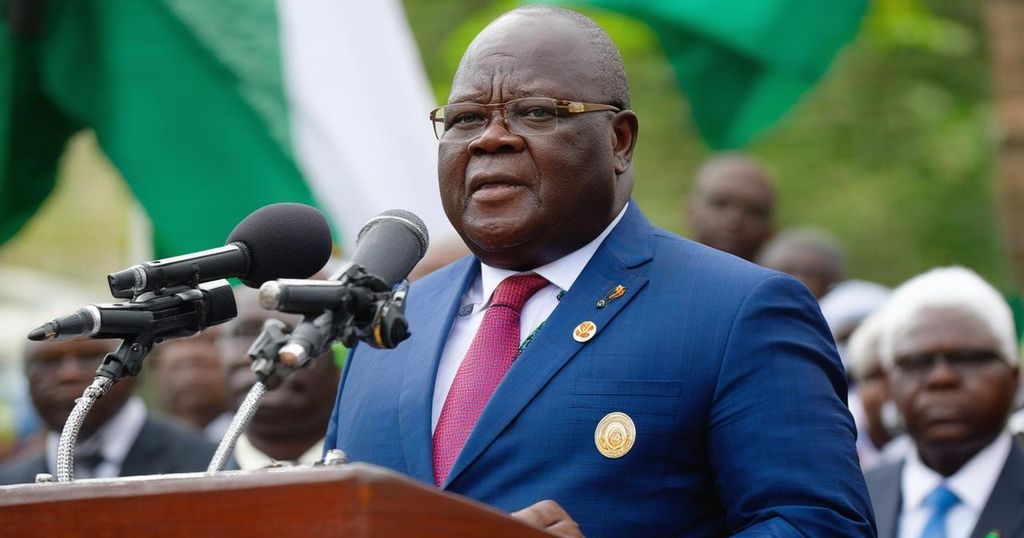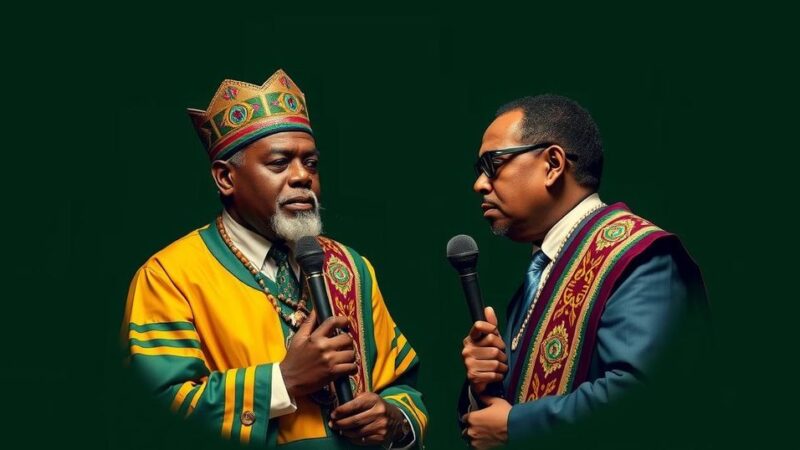President Felix Tshisekedi of the Democratic Republic of Congo has announced plans to form a commission to explore amendments to the constitution, particularly regarding presidential term limits, which may enable him to pursue a third term. This has drawn criticism from opposition leaders who view it as a maneuver to extend his power, amidst concerns that it could destabilize the nation further.
President Felix Tshisekedi of the Democratic Republic of Congo has proposed the formation of a commission tasked with exploring potential amendments to the nation’s constitution, including the contentious issue of presidential term limits. This initiative raises concerns among political observers and opposition leaders, fearing that Tshisekedi aims to extend his presidency beyond the legally permitted two terms. The current constitution, enacted in 2005 through a national referendum, has been deemed by Tshisekedi as incompatible with the present circumstances of the country. Speaking to supporters in Kisangani, Tshisekedi asserted that the discussion on constitutional change should not invoke fear. He emphasized the necessity of a national dialogue regarding the term limits, stating, “the people must decide if they want us to change.” Critics, including prominent opposition figures, interpret this move as an effort to manipulate the legal framework to extend his time in office, likening it to previous instances in other African nations such as Guinea and Cameroon. Opposition leader Claudel Lubaya remarked that the current administration appears more focused on maintaining political power rather than addressing the Congolese people’s demand for responsible governance. Moise Katumbi, another opposition leader and former electoral rival, insisted that the constitutional amendments will not succeed as they contradict the will of the Congolese people who ratified the document, pointing out that the nation’s fundamental issue lies in poor governance rather than constitutional constraints.
The Democratic Republic of Congo, rich in natural resources but plagued by decades of political turmoil and conflict, is grappling with the manner in which its governance can evolve. Since gaining independence in 1960, the nation has witnessed numerous regime changes and civil unrest. The current constitution, ratified in 2005, serves as a critical framework that limits presidents to two terms in office. However, this provision has become a point of contention as leaders seek to amend it to prolong their rule, a trend observed in various African nations. The debate surrounding constitutional reform is particularly sensitive given the country’s history of conflicts rooted in political power struggles and governance issues.
President Tshisekedi’s intentions to amend the constitution face significant backlash, as critics perceive his actions as an attempt to consolidate power at the expense of democratic principles. As political tensions rise in the Congo, the implications of this proposed reform could exacerbate existing challenges and trigger further disruptions within the already fragile political landscape. The ultimate outcome of this constitutional review process will depend heavily on public opinion and the reactions of various political factions within the country.
Original Source: www.usnews.com






